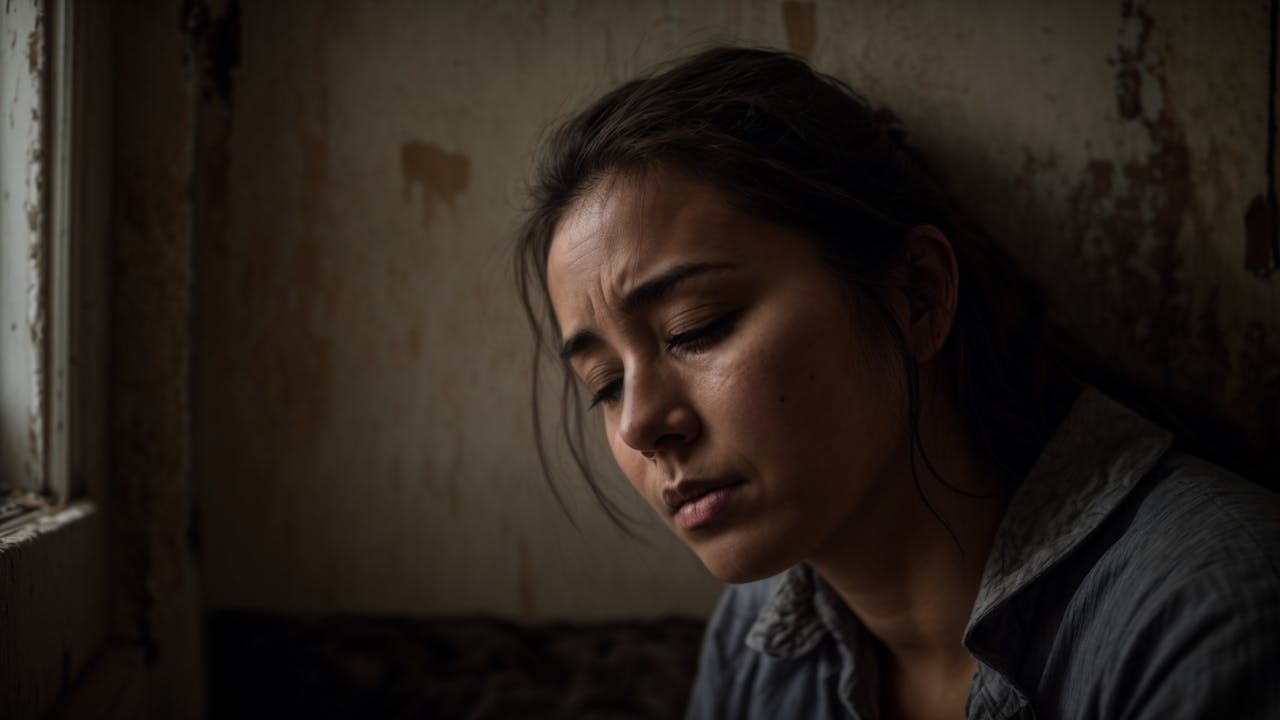Understanding the Depths – Symptoms of Depressive Episodes in Bipolar Disorder
As a sufferer of bipolar disorder, you know that the symptoms of depressive episodes can be debilitating and overwhelming.
It is crucial to understand the signs of a depressive episode, as it can be a dangerous time for you emotionally and mentally.
In this blog post, we will explore the various symptoms of depressive episodes in individuals with bipolar disorder, helping you to recognize when you may be experiencing this challenging aspect of the disorder.
With this knowledge, you can take the necessary steps to seek help and find support during these difficult times.
Key Takeaways:
- Fluctuating Mood: Individuals with bipolar disorder experience depressive episodes characterized by a persistent feeling of sadness, hopelessness, and loss of interest in previously enjoyed activities.
- Physical Symptoms: Symptoms of depressive episodes in bipolar disorder may also include changes in appetite, sleep disturbances, fatigue, and psychomotor agitation or retardation.
- Cognitive Impairment: Depressive episodes can also manifest as difficulty concentrating, making decisions, and experiencing feelings of worthlessness or guilt, which can significantly impact daily functioning.
Characteristics of Depressive Episodes in Bipolar Disorder
The characteristics of depressive episodes in bipolar disorder can be quite different from those experienced in unipolar depression.
While some symptoms may overlap, those with bipolar disorder may experience more intense and disruptive mood changes.
It’s important to understand the specific characteristics of depressive episodes in bipolar disorder to properly manage the condition and seek appropriate treatment.
Emotional Symptoms
The emotional symptoms of depressive episodes in bipolar disorder can be overwhelming.
You may experience persistent feelings of sadness, hopelessness, and emptiness. These feelings can be so intense that they interfere with your ability to engage in daily activities and relationships.
You may also feel a sense of worthlessness, guilt, and self-criticism, which can exacerbate your depressive symptoms.
Physical and Behavioral Symptoms
During depressive episodes in bipolar disorder, you may also experience physical and behavioral symptoms that significantly impact your daily life.
You may have trouble sleeping, experiencing either insomnia or excessive sleeping.
Changes in appetite and weight may also occur, leading to either overeating or a decrease in appetite.
Your energy levels may decrease, making it difficult to muster the motivation to carry out tasks.
Additionally, you may have difficulty concentrating or making decisions, further impacting your ability to function in various areas of your life.
Differentiating Between Bipolar Depression and Unipolar Depression
Obviously, both bipolar depression and unipolar depression share similar symptoms such as feelings of sadness, hopelessness, and worthlessness.
However, there are distinct differences between the two that require careful observation to correctly identify and treat the condition.
Diagnostic Criteria
When diagnosing bipolar depression, it is essential to consider the presence of manic or hypomanic episodes.
If you experience both depressive and manic episodes, it is likely to be bipolar depression, whereas unipolar depression only involves depressive symptoms.
Additionally, the duration of depressive episodes in bipolar disorder is typically shorter compared to unipolar depression.
The frequency and intensity of mood swings can also help differentiate between the two conditions, as bipolar depression tends to exhibit more erratic and severe mood fluctuations.
Treatment Implications
Understanding the differences between bipolar depression and unipolar depression is crucial for determining the most effective treatment approach.
For bipolar depression, treatment often involves mood-stabilizing medications to manage both depressive and manic episodes, whereas unipolar depression is typically treated with antidepressants.
It is important to be cautious with antidepressants in bipolar depression, as they may trigger manic episodes in some individuals.
Therapy and support systems are essential for both conditions, but the specific interventions may vary based on the unique features of bipolar and unipolar depression.
Managing Depressive Episodes
Lastly, when it comes to managing depressive episodes in bipolar disorder, it’s important to have a comprehensive approach that addresses both the symptoms and the underlying causes of the depressive state.
Medication Strategies
One of the most common treatments for managing depressive episodes in bipolar disorder is the use of medication.
Your healthcare provider may prescribe mood stabilizers, antidepressants, or antipsychotic medications to help regulate your mood and alleviate depressive symptoms.
It’s important to work closely with your doctor to find the right combination of medications that work best for you.
Be mindful of potential side effects and always communicate any concerns or changes in your symptoms to your healthcare provider.
Psychotherapy and Lifestyle Changes
In addition to medication, psychotherapy can be an essential part of managing depressive episodes in bipolar disorder.
Therapy can help you identify triggers, develop coping mechanisms, and work through any underlying issues that may be contributing to your depressive symptoms.
Additionally, making lifestyle changes such as maintaining a regular sleep schedule, engaging in regular exercise, and avoiding alcohol and drugs can help stabilize your mood and reduce the frequency and severity of depressive episodes.
Understanding the Depths – Symptoms of Depressive Episodes in Bipolar Disorder
On the whole, understanding the symptoms of depressive episodes in bipolar disorder is crucial in managing and treating the condition effectively.
By recognizing the signs such as low mood, loss of interest, fatigue, and changes in appetite and sleep, you can work closely with your healthcare provider to create a personalized treatment plan.
It is important to seek help if you or someone you know is experiencing these symptoms, as early intervention can greatly improve the prognosis for individuals with bipolar disorder.

